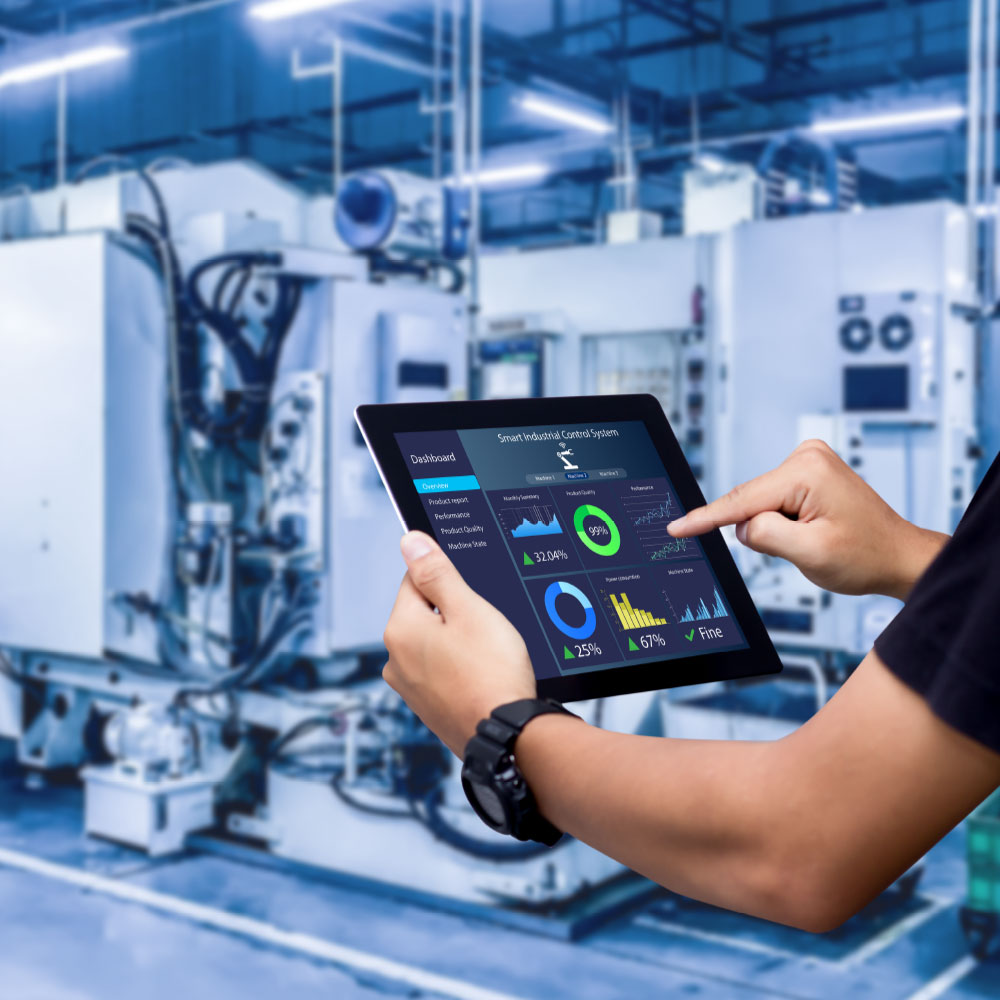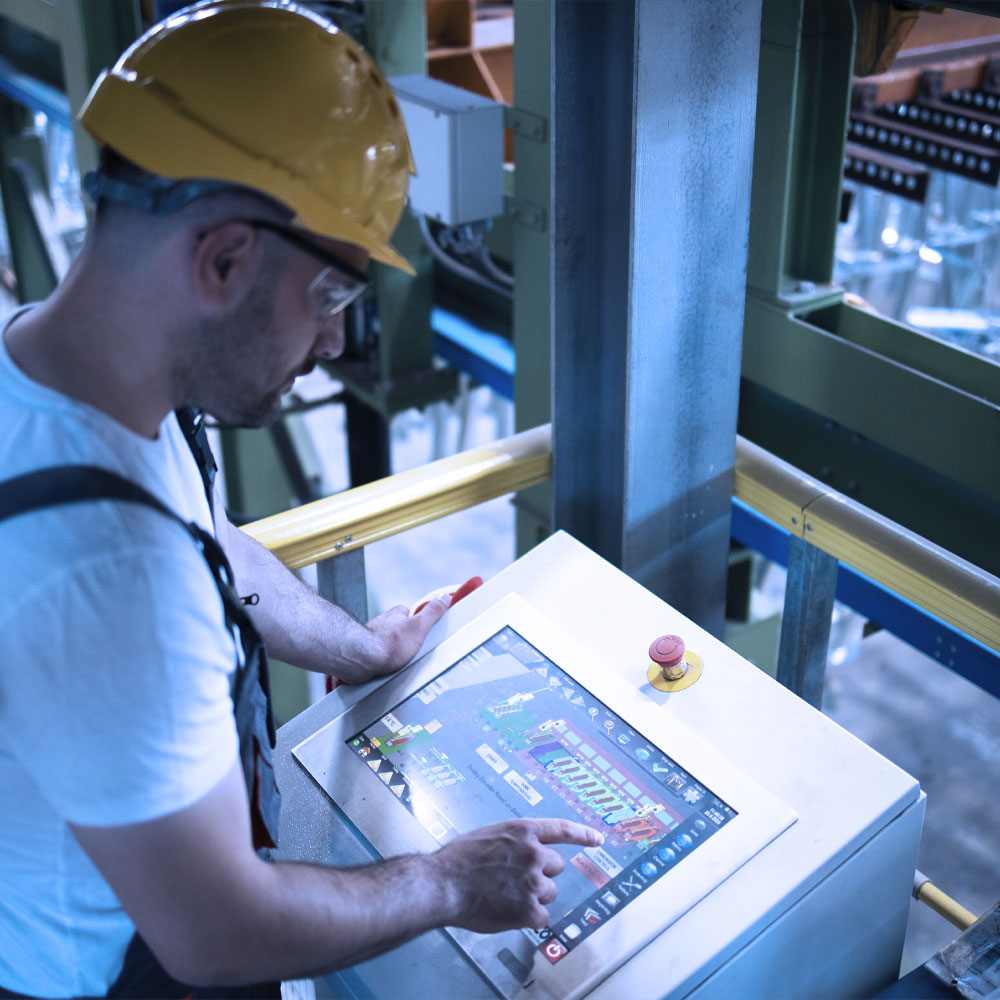Industry 4.0concept (also identified as fourth industrial revolution, smart industry or cyber industry of the future) corresponds to a new way of organising means of production. The overall aim is to indicate a large number of “Smart factories” capable of a greater adaptability to the requirements and means of production, as well as a more efficient allocation of resources, thereby opening the way to a new industrial revolution or Fourth Industrial Revolution. The technological basis which that current of thought is supported are, among others, the following: (1) Internet of Things; (2) Cyber fisci systems; (3) Maker culture (Do-it-yourself culture); (4) Factory 4.0, etc.
Industry 4.0 is consistent with the so called Fourth Industrial Revolution, emphasizing and accentuating the idea of an increasing and adequate digital isation and cooperative coordination in all productive units of the economy.
Why 4.0.
From a technological point of view, the following industrial stages can be distinguished in history: 1.0(18th Century): Mechanical production using water and steam as source of energy.
2.0(Early 20th Century): Mass production based
on the division of labour and using electricity as
source of energy.
How can AGU.elis help you?
AGU.elis helps you advise and implement monitoring
and data storage technologies, analysis, and project
design for the installation of components: sensors,
actuators, PLCs Reading, ERPs, etc., in a way that integrates
different systems in a factory: productive, HR, energetic, etc.
Industry 4.0concept (also identified as fourth industrial revolution, smart industry or cyber industry of the future) corresponds to a new way of organising means of production. The overall aim is to indicate a large number of “Smart factories” capable of a greater adaptability to the requirements and means of production, as well as a more efficient allocation of resources, thereby opening the way to a new industrial revolution or Fourth Industrial Revolution. The technological basis which that current of thought is supported are, among others, the following: (1) Internet of Things; (2) Cyber fisci systems; (3) Maker culture (Do-it-yourself culture); (4) Factory 4.0, etc.
Industry 4.0 is consistent
with the so called Fourth Industrial Revolution, emphasizing and accentuating the idea of an increasing and adequate digital isation and cooperative coordination in all productive units of the economy.
Why 4.0.
From a technological point of view, the following industrial stages can be distinguished in history: 1.0(18th Century): Mechanical production using water and steam as source of energy.
2.0(Early 20th Century): Mass production based
on the division of labour and using electricity as
source of energy.
How can AGU.elis help you?
AGU.elis helps you advise and implement monitoring
and data storage technologies, analysis, and project
design for the installation of components: sensors,
actuators, PLCs Reading, ERPs, etc., in a way that integrates
different systems in a factory: productive, HR, energetic, etc.
Our clients
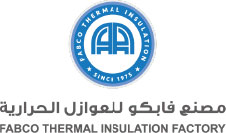

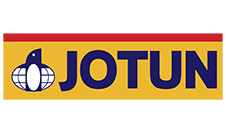



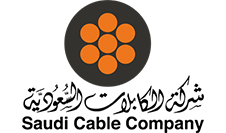

MANUFACTURING EXECUTION
SYSTEMS (MES)
Manufacturing Execution Systems (MES) are software solutions that ensure quality and efficiency are built into the manufacturing process and are proactively and systematically enforced. Manufacturing Execution Systems connect multiple plants, sites and vendors’ live production information, and integrate easily with equipment, controllers and enterprise business applications. The result is complete visibility, control and manufacturing optimization of production and processes across the enterprise.
Achieving strategic business goals through MES implementation
With accelerating innovation comes more rapid change into manufacturing, increasing variability and putting added pressure on operations to maintain high quality levels. Even with clear strategic business initiatives, it is essential for manufacturers to make rapid, informed decisions in fast-changing operating environments.
Manufacturing Execution Systems (MES) monitor and synchronize manufacturing activities across globally distributed plants; and link them in real-time to the enterprise for optimal performance.
•MES tracks product and order details on the plant floor, collects transactions for reporting to financial and planning systems, and electronically dispatches orders and manufacturing instructions to shop floor personnel.
Manufacturing Execution Systems (MES) helps eliminate human error in manufacturing by providing real-time quality data checks, yield monitoring, automatic enforcement of specifications and business rules, and as-manufactured lot, batch, device or unit traceability –all resulting in improved product and process quality, and higher productivity.
•Manufacturing Execution Systems (MES) provide the flexibility to model and change complex processes and enforce them immediately.
•Paperless manufacturing with Manufacturing Execution Systems (MES) helps to reduce scrap and eliminates paperwork errors and redundant checks.
•Manufacturing Execution Systems also provide the real-time feedback needed to quickly identify and resolve issues for continuous product and process improvement and optimization of manufacturing processes.
MES is for all industries
robust Manufacturing Execution Software model supports a broad diversity of manufacturing industries and processes the MES supports very complex process workflows, high volume automated data collection, make to order, discrete assembly, batch process, rolled products and more. Manufacturing execution systems (MES) are being used across industries, and are seen in a number of discrete, batch and continuous process manufacturing industries including semiconductor, electronics, medical device, automotive, aerospace, pharmaceuticals, metals, plastics, and more. A Manufacturing Execution System (MES) with a configurable platform adapts to the users’ business without custom code, and has an open SOA architecture was designed for ease of integration to enterprise applications and shop floor automation.
MES is for all industries
robust Manufacturing Execution Software model supports a broad diversity of manufacturing industries and processes the MES supports very complex process workflows, high volume automated data collection, make to order, discrete assembly, batch process, rolled products and more. Manufacturing execution systems (MES) are being used across industries, and are seen in a number of discrete, batch and continuous process manufacturing industries including semiconductor, electronics, medical device, automotive, aerospace, pharmaceuticals, metals, plastics, and more. A Manufacturing Execution System (MES) with a configurable platform adapts to the users’ business without custom code, and has an open SOA architecture was designed for ease of integration to enterprise applications and shop floor automation.
Benefits of Manufacturing Execution Systems
Manufacturing Execution Systems (MES) provide a number of long and short-term benefits as well as strategic and tactical benefits, including more rapid time to volume, improved yields, lower operating costs, increased compliance.
Additional benefits
Eliminate non-value add activities
•Proactively and systematically standardize and enforce processes across all sites
•Gain real-time visibility and control across the manufacturing supply chain
•Accelerate trace analysis, root cause diagnosis and issue resolution
•Lower cost of good quality
•Continuously improve product quality and new designs
•Make fact-based operational and strategic decisions
•Complete control over your manufacturing process
Our partners

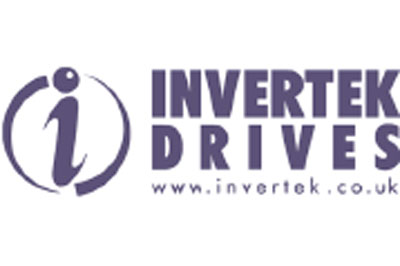



Our partners






Contact
Phone
Address
H. Office: Building No. 3298
Khalid Bin Al Waleed St.,
Al-Raka North – Dammam,
34225 – 7449

Contact Us
© ARAB GULF UNITED Co.Ltd 2022. All Rights Reserved.


